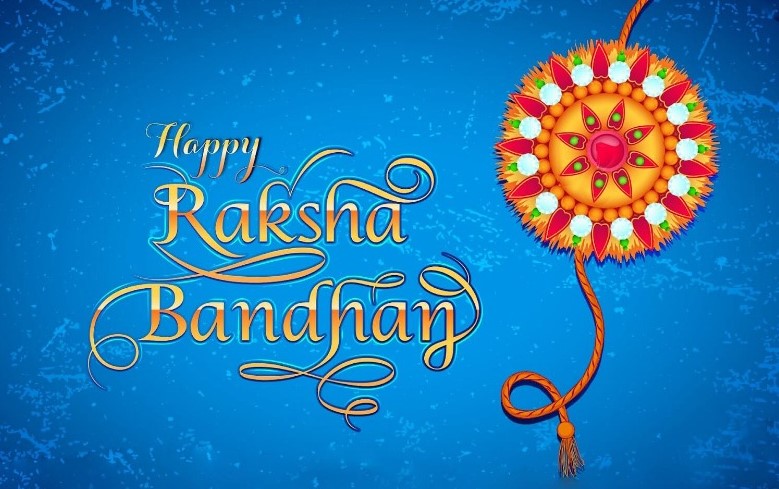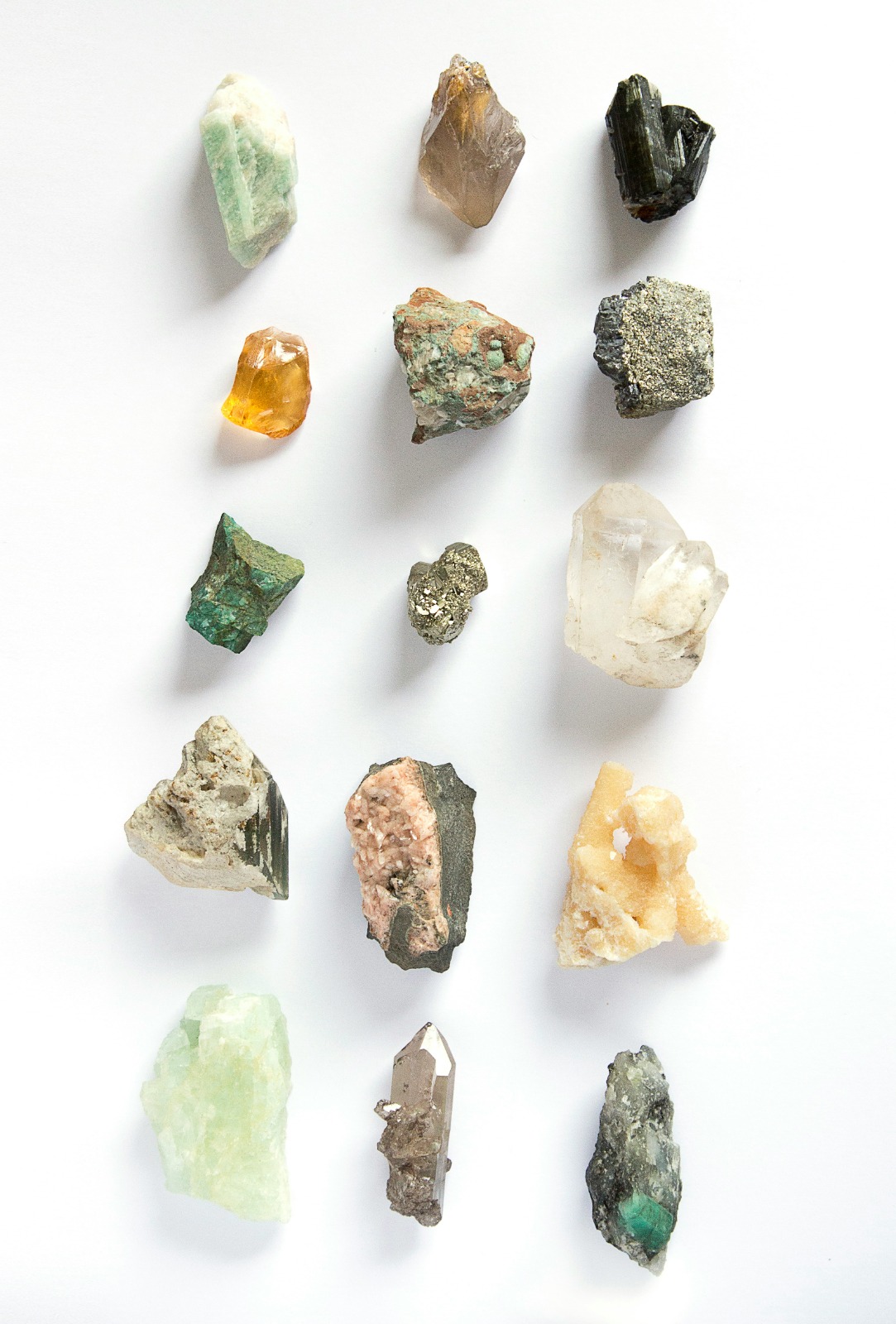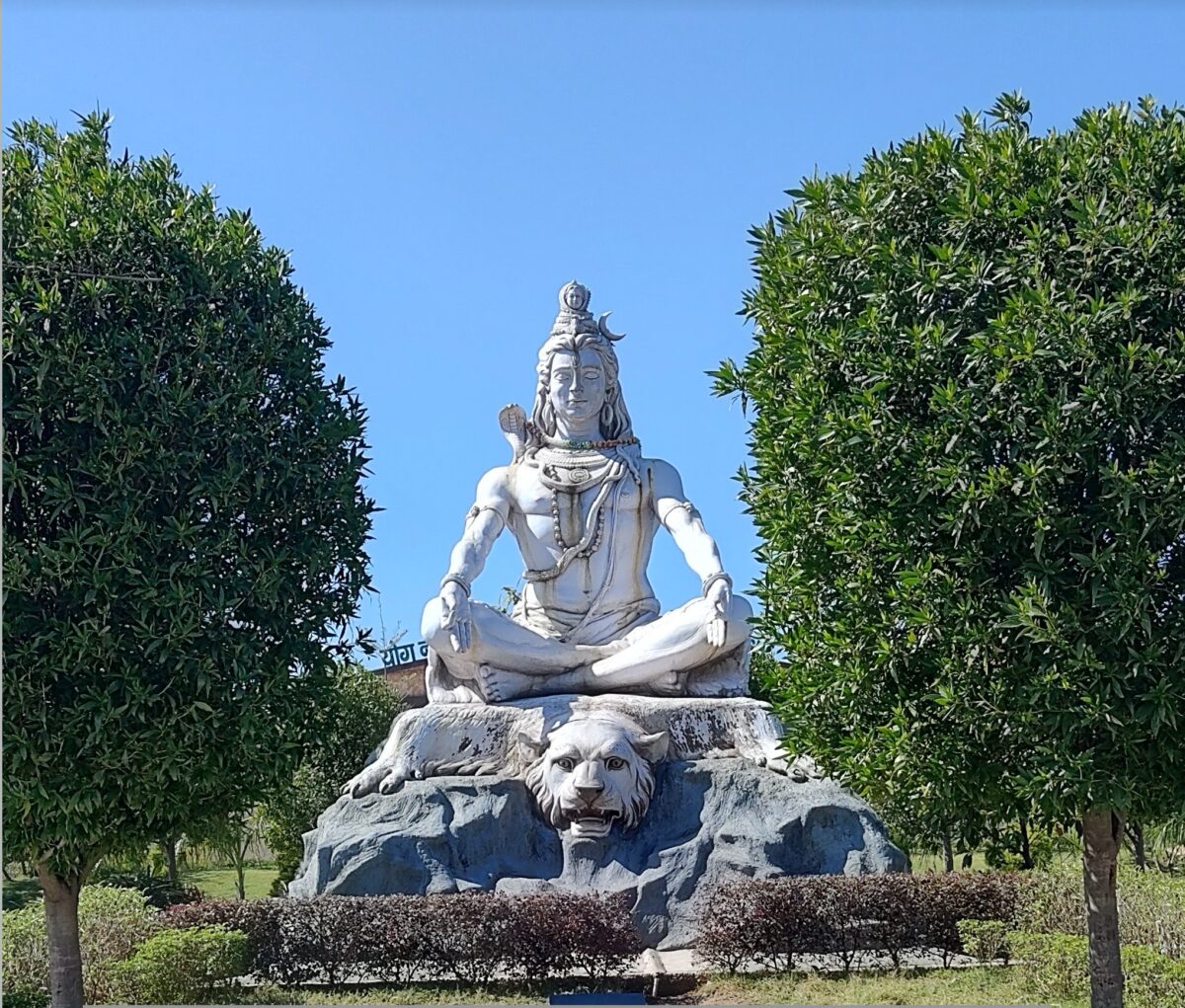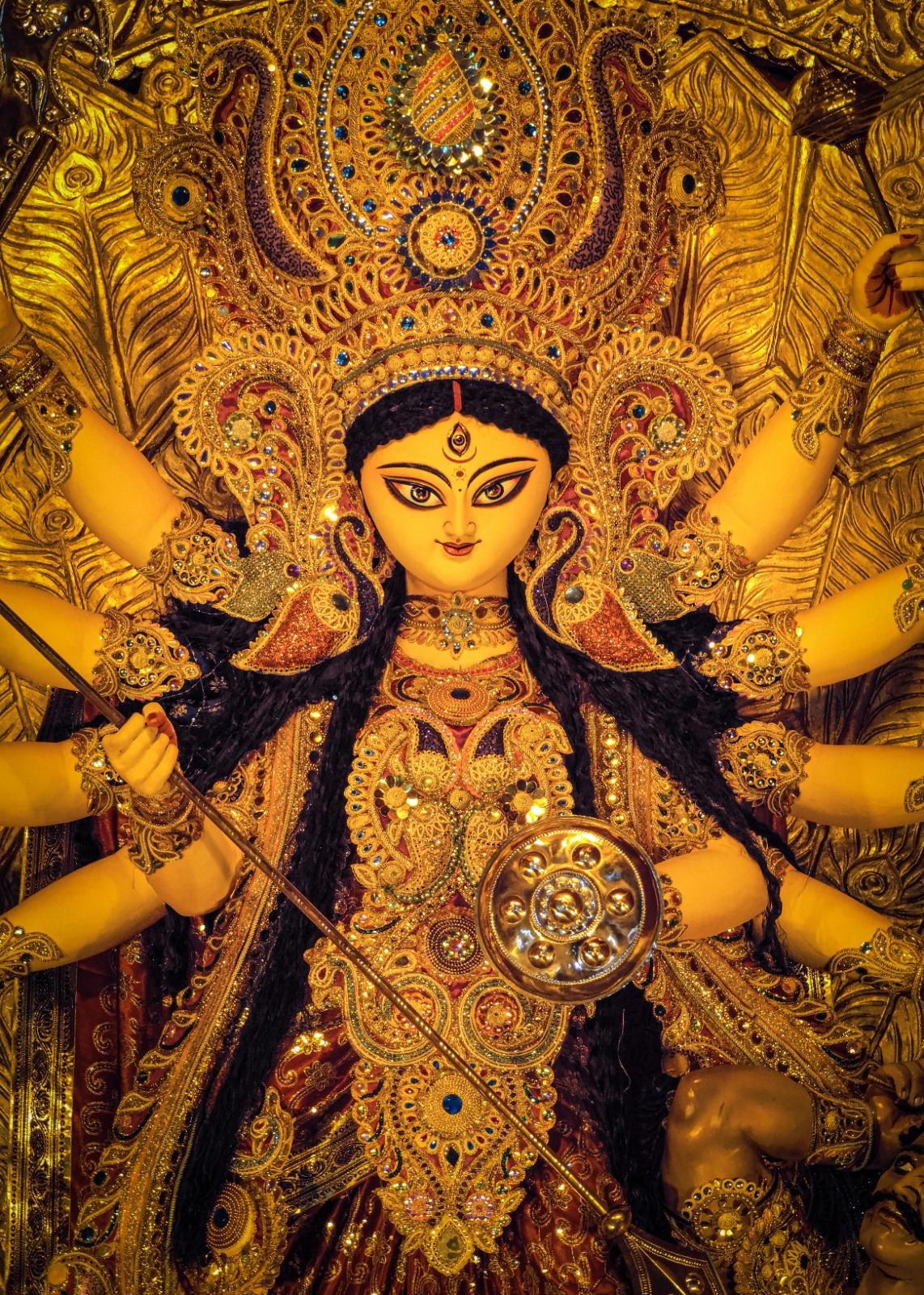Raksha Bandhan – An Indian Festival of Brother and Sister
Raksha Bandhan: The Bond of Protection
Raksha Bandhan, often referred to as “Rakhi,” is one of the most cherished festivals in India. Celebrated annually on the full moon day of the Hindu month of Shravan (July-August), this festival signifies the sacred bond of protection between brothers and sisters. The name itself is a combination of two Sanskrit words: “Raksha,” meaning protection, and “Bandhan,” meaning bond or tie. The central custom involves sisters tying a rakhi, a colorful thread, around their brothers’ wrists, symbolizing their love, respect, and prayers for their brother’s well-being. In return, brothers vow to protect their sisters and offer them gifts as a token of love and care.
Raksha Bandhan is an auspicious festival of love and purity between brother and sister,it is considered that at this day sister ties rakhi or a sacred thread on brother’s hand and in return brother gives his sister gifts and promise of protecting her dignity and values.
Raksha Bandhan is now celebrated not only in India but also in other parts of the world and it is not bounded within the biological siblings but you can also tie rakhi to the one whom you consider your brother.
It is started from the Mahabharata time when Shri Krishna accidently cut his finger with Sudarshan Chakra and Draupadi tore a piece of her saree and tied it to Krishna’s finger,on that onwards Shri Krishna gave promise to Draupadi that he will protect her dignity in any manner ,this is how the Rakhsha Bandhan festival started. In 2023 it will be celebrated on 30th august and the subh muhurat starts from 9pm and ends at 11:36pm.
Historical and Mythological Origins
Raksha Bandhan is steeped in numerous legends and historical references. One of the most well-known myths is the story of Lord Krishna and Draupadi from the Mahabharata. According to the legend, when Krishna accidentally cut his finger during a battle, Draupadi tore a piece of cloth from her sari and tied it around his finger to stop the bleeding. Touched by her gesture, Krishna vowed to protect her in times of need, a promise he fulfilled during the infamous dice game when Draupadi was humiliated in the Kaurava court.
Another legend traces back to the Mughal era, involving the story of Rani Karnavati of Chittor and Emperor Humayun. When faced with the threat of invasion by Bahadur Shah of Gujarat, Rani Karnavati sent a rakhi to Humayun, seeking his protection. Moved by this gesture of sisterly trust, Humayun set aside political differences and came to her defense, although he couldn’t reach in time to save her kingdom.
These stories reflect the deep-rooted cultural and emotional significance of Raksha Bandhan, highlighting its essence as a bond transcending family ties, caste, and creed.
Modern Celebrations and Traditions
In today’s world, Raksha Bandhan has evolved to be more than just a festival for siblings by blood. It is a celebration of love, trust, and the sense of duty that exists in relationships. While the festival predominantly celebrates the bond between brothers and sisters, it is not uncommon to see it extend to friendships and other relationships. Many women tie rakhi on the wrists of men they consider protective figures, and it’s not limited to just familial ties.
The preparations for Raksha Bandhan often begin days in advance. Sisters select beautiful rakhis that range from simple threads to elaborate designs with beads, gems, and motifs. In return, brothers often buy thoughtful gifts for their sisters. Sweets are an essential part of the celebration, with traditional delicacies like laddoos, barfis, and kheer being exchanged after the rakhi ceremony.
On the day of the festival, the family gathers, and after prayers are offered to the deities, the sister ties the rakhi on her brother’s wrist while chanting mantras for his protection and well-being. In some regions, a ceremonial aarti is performed as well, where the sister waves a small lamp before the brother to bless him with health and success. Afterward, brothers express their gratitude by gifting their sisters, reinforcing the promise of lifelong protection.
Raksha Bandhan Across India
The way Raksha Bandhan is celebrated varies slightly from region to region. In the north, it is a grand affair with festive gatherings, while in the west, the festival often coincides with Nariyal Purnima, where coastal communities also worship the sea and offer coconuts. In the eastern state of West Bengal and parts of Odisha, the festival is also known as Jhulan Purnima and is celebrated alongside the festival of Lord Krishna’s swing.
In Maharashtra, the fishermen community celebrates Raksha Bandhan by offering coconuts to the sea, marking the end of the monsoon season. Raksha Bandhan is not restricted to Hindus alone. The festival is celebrated by people from various communities, including Jains and Sikhs, reflecting the unifying spirit of the occasion.
Symbolism and Social Relevance
Beyond the customs and rituals, Raksha Bandhan holds deep social significance. It symbolizes harmony, unity, and mutual respect, values that transcend individual relationships and extend to the community at large. In modern times, the festival has also evolved as a reminder of the protection of women’s rights and empowerment. Many use this occasion to raise awareness about the need for gender equality, emphasizing that brothers should support their sisters not only within the family but in broader societal contexts as well.
Raksha Bandhan is not just a ritualistic celebration, but a reflection of the values that bind people together. Whether through mythological tales or real-life stories, the festival reminds us of the importance of relationships built on trust, protection, and love. It brings families closer, reinforces cultural traditions, and celebrates the idea of mutual protection and care, regardless of gender. Over the years, the spirit of Raksha Bandhan has expanded beyond the familial bond, making it a celebration of all forms of relationships that are built on the promise of protection and unconditional love.





